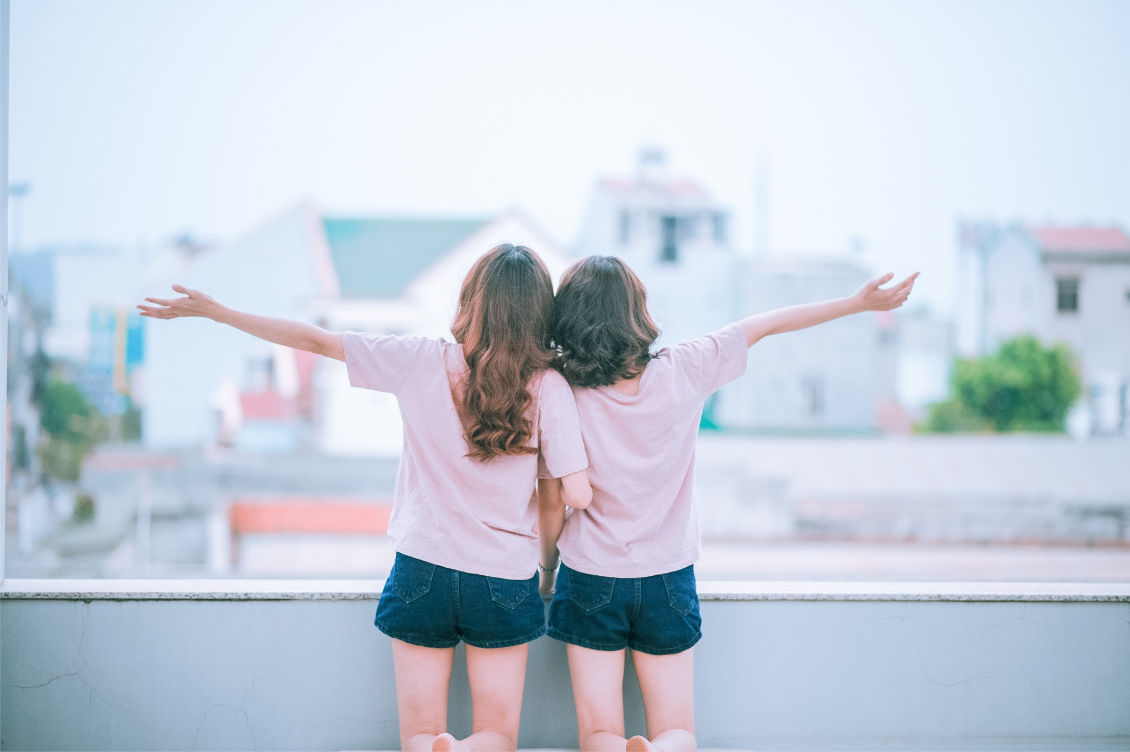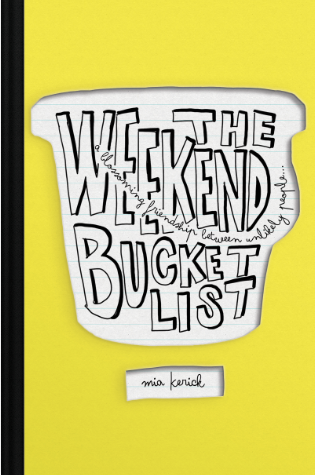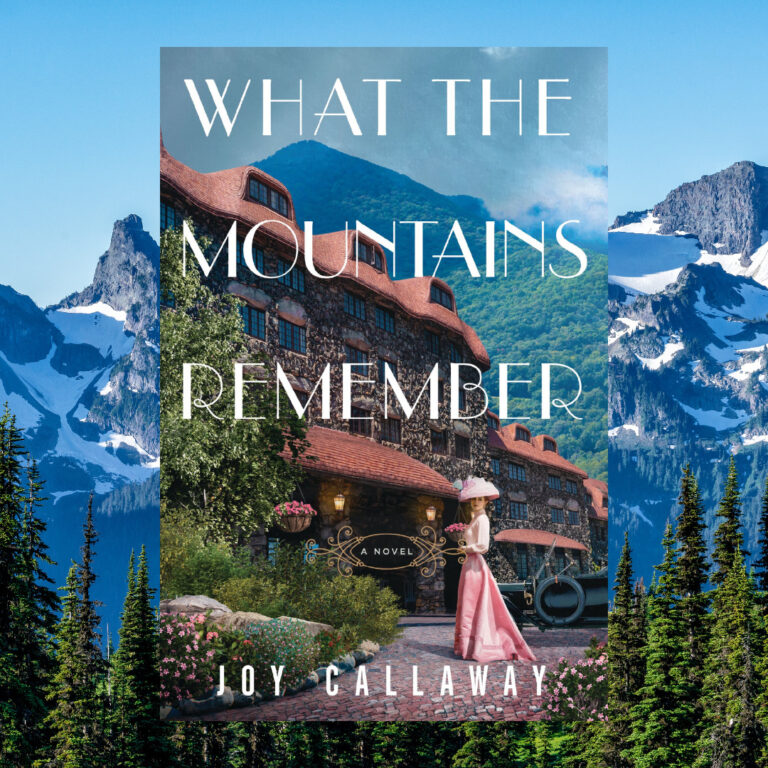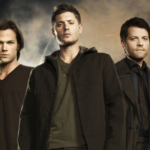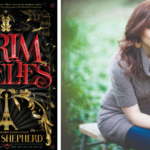I started shopping for my life partner when I was twelve years old. I’m not joking…I really did. Each boy I partnered with over a microscope in science class, stood behind in the diving board line at the town pool, and exchanged awkward smiles with in the food court at the Liberty Tree Mall, was a potential forever-love. On Tuesday nights in seventh grade, when I spilled stories of my latest love interest, the other Pioneer Girls—more interested in the evening’s craft project—called me “boy-crazy.” And to give them credit, I’m sure it seemed that way. But that wasn’t really it. Because even at the tender age of twelve, I was needy for something I thought I could only find in romance.
My list of teenage loves is embarrassingly lengthy. It started in grade six with Andrew Mackenzie—he was the smartest kid in my class—but my admiration shifted quickly to Mark Trapinski, who had the bluest eyes I’d ever seen (according to my sixth-grade diary). And then came Jay Forest, who was absolutely hilarious in freshman English class. Next on the list was Caleb the lifeguard from Crane Beach—Mom warned me not to let him sit on our velvet living room couch because she was certain his orange swim trunks were sandy and damp—and then three different Michaels I met at The Roller Palace. And I can’t forget Angelo, a front desk clerk at the YMCA, who bragged that he was going to try out for the Miami Dolphins, to which I replied that he must, indeed, be an excellent swimmer. I kept searching, wanting, needing… incomplete without my “other half.”
I remember kids in high school who seemed to be comfortable in their own skins, and not in need of romantic love to bring them to life. Take Jeannie Corker: she lived and breathed horses. Nothing made her happier than spending time at the stable—it didn’t matter whether she was shoveling you-know-what, grooming horses, or riding them. And Carla Rizzo was never satisfied with her grade on a quiz or essay. I rolled my eyes when she complained about an A-minus, and I was thanking my lucky stars for a B. And while I was roller-skating past boys named Michael with my high hair and enticing purple terry cloth short-shorts—cut me some slack, it was the eighties—Jeannie was bonding with horses and Carla was studying her butt off. Meeting their “other half” at The Roller Palace was not even a consideration. I asked myself how they could be happy, shoveling manure and swapping chemistry notes with other like-minded teens. I just couldn’t grasp their self-possession, because for me, a boyfriend was the answer, even if I wasn’t sure of the question.
And the bonding experience of LGBTQ teens, like Cooper Murphy in my book, The Weekend Bucket List, is exceedingly challenging, because for him friendship and the possibility of romance overlap in the same person. It’s true that I failed to embrace platonic friendships, but I never had to grapple with perplexing questions about my sexual orientation and gender identity. For years, Cooper has been compelled to sort through his thoughts and feelings and desires so that he can understand his sexual orientation. And he ultimately needs to accept that his orientation is not exactly what much of society (himself included) expects it to be. To complicate matters, Cooper must closely examine his relationship with his best friend Cady to figure out how she fits into his life. Is she a forever-friend or a potential lover? This scrutiny takes a heavy toll on their relationship. The decision—to embrace a friend or inspire a lover—again proves to set hurdles.
During my teenage years, friends took a back seat to boyfriends. I invested little time in any relationship that lacked romantic potential. I ditched my tentative friendly acquaintances the very second a prospective boyfriend knocked on the front door as I saw little value in friendship. For some reason, nothing could convince me that, even when surrounded by friends, I wouldn’t still feel desperately alone. And I placed even less value on passion for extra-curricular activities—like Jeannie’s for horses and Carla’s for stellar grades—which further encouraged my need to find a boy who would complete me.
What makes somebody so young crave heavy romance rather than friendships based on the things in life she loves? There are as many answers to this question as there are teenagers. Maybe a teen boy’s relationship with his mom is awkward and stiff and being in love distracts him from it. Or a teen girl relies on her beauty to attract a romantic partner because she doesn’t think she has a sharp enough sense of humor to attract friends. Could it be that some teens internalize messages from musical lyrics or romance novels in a way that affects their beliefs?
I suspect my need arose from deep insecurity about whether I was funny and cool and interesting enough to appeal to friends. But whatever the reason, teenagers who don’t seek and embrace friendships miss out on so much, like bonding with other teens in a way that isn’t all about being safe in an “I’m his” or “I’m hers” cocoon. Opening yourself to the fiercely honest truth offered by your BFF can feel risky but face it: the “truth” is often softened when it comes from the one you’re in love with. And if all you have is a romantic relationship, can there be teasing without flirting? Laughing with your mouth wide open? Burping out loud in someone else’s company? Can you argue without the fear of losing your other half? It’s beyond essential that kids value people who aren’t family members or romantic partners because platonic, and even casual, relationships aren’t trivial.
Personally, I never once experienced a sense of being independent, and simultaneously, not lonely. And my biggest regret is that I never hoped for a forever with someone I didn’t plan to one day marry. Permanence, in my youthful opinion, could only be found in a romantic bond.
Friendship is precious. Since I learned this by taking a roundabout path to it, where romance was my top priority, I wrote a book for teens about finding a different kind of shared forever. Too often, YA novels place the ultimate value on a romantic prize. But in order to secure a happy ending, must main character find and fall in love with main character and carry him/her off into the sunset? And if there’s a choice for the two main characters between friendship and romantic love, is romance always the better choice?
There’s powerful magic in friendship too… and maybe, especially for teenagers, falling wildly into passionate platonic love is more worthwhile than falling madly into passionate romantic love. It’s possible, maybe even likely, that friendship is a valuable option that is not the second choice.
You may be wondering how my life, in terms of friendship and romance, turned out, since I failed to embrace platonic relationships in my youth. First, I’d like to point out that my early start on my husband search did not lead me to be a youthful bride. I didn’t connect with my life partner until I was nearly thirty. And you know what? The strongest part of our bond is friendship, not the starry-eyed “I’m so in love” stuff.
Platonic friendships continue to be a challenge for me, but it’s not at all because I don’t value them. I now believe that teenage friendships are a training ground—if you don’t learn how to create and embrace friends as a young person, it will be a challenge to gain these important skills as an adult. At 53, I have very few deep platonic relationships, but I value them intensely. They allow me an opportunity to freely express myself in ways I can’t with my husband or my family. It took many years for me to grasp what seems simple to many.
The Weekend Bucket List celebrates friendship as the ultimate bond. Cady, Cooper, and Eli are faced with a choice. They must decide if romantic love is their goal, or if friendship is as good as it gets.
Fused to this profound decision, making it even more perplexing, are questions of sexual orientation. The convenient course, and what I now consider the easier one, is the path that at first seems to be more permanent and secure: to choose romantic love. And though they thoroughly resist embracing what they consider to be mere friendship, the teens ultimately cannot mistake the value in a relationship that frees rather than confines. In the end will Cady, Cooper, and Eli recognize the bond that is honest and caring and profound—a magical, yet platonic, love that fits?

